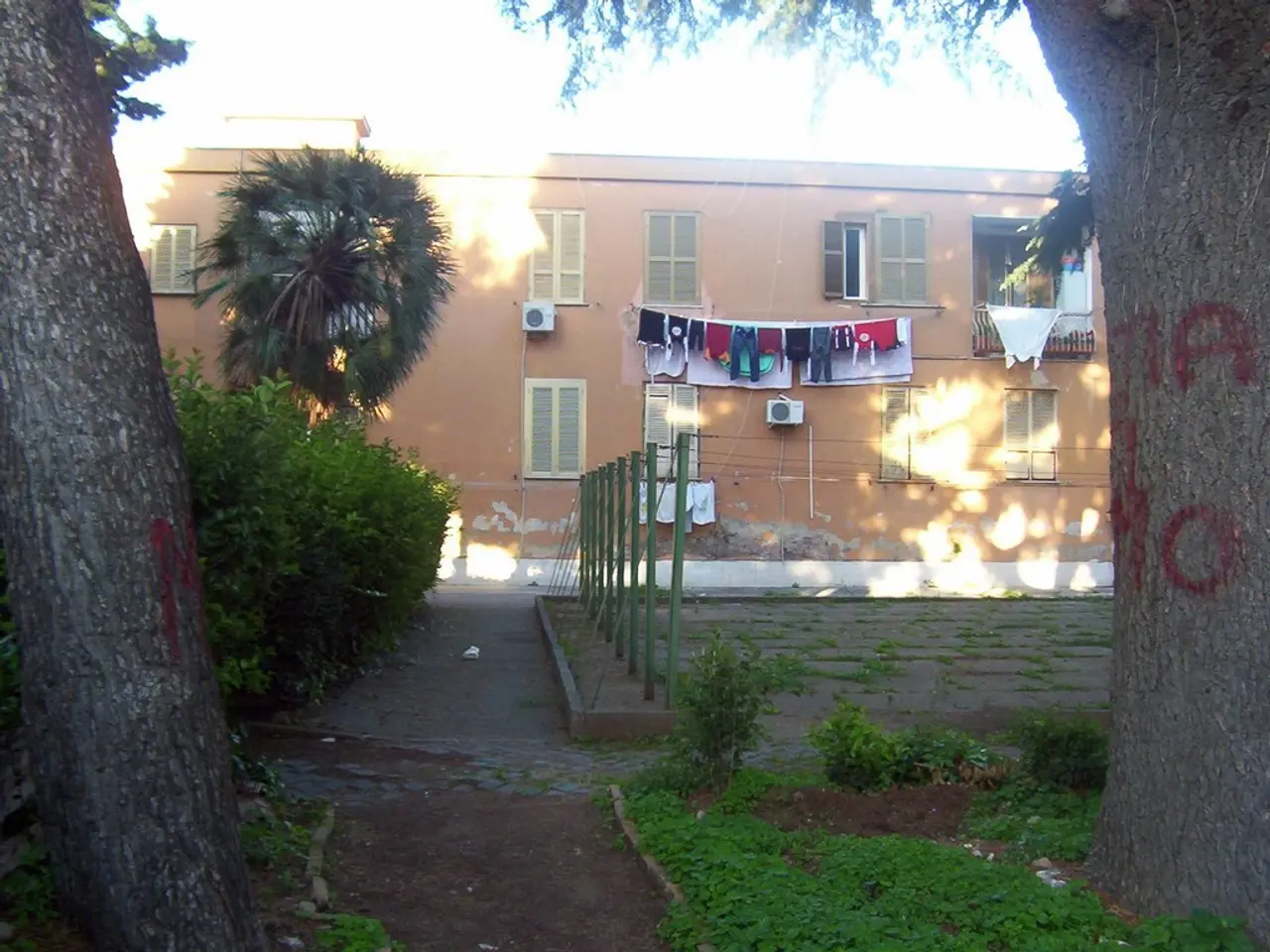Exploration: Is it possible for air conditioning to cause illness?
Air-conditioning systems, while designed to keep indoor temperatures comfortable and control humidity, can potentially harbor infectious microbes if not properly maintained. This is one of the factors contributing to a condition known as Sick Building Syndrome (SBS), a health issue that can develop after spending extended periods in air-conditioned environments.
SBS is not caused by a specific disease or contaminant, but rather a combination of factors including poor ventilation, chemical contaminants, and biological contaminants. The symptoms of SBS are not contagious and can vary from person to person, but they often include headaches, dizziness, congested or runny nose, persistent cough or wheeze, skin irritation or rashes, trouble focusing on work, and tiredness. These symptoms tend to get worse the longer you're in a particular building, and are alleviated after you leave.
The fear of getting sick from using air-conditioning is not entirely unfounded. If an air-conditioning system malfunctions or isn't properly maintained, it can become contaminated with infectious microbes. Improperly maintained air-conditioning units can pose a risk for the spread of various airborne infections, ranging from the common cold to pneumonia.
Poor ventilation and clogged filters in AC systems can cause dust, allergens, bacteria, and microbes to build up in indoor air, leading to respiratory symptoms, allergic reactions, and general malaise associated with SBS. High indoor humidity caused by malfunctioning or improperly sized AC units promotes mold and mildew growth, which can exacerbate asthma, allergies, and other respiratory problems. Dirty or frozen evaporator coils reduce moisture removal, increasing this risk.
Accumulation of dirt and debris in HVAC components reduces airflow and system efficiency, possibly leading to overheating or system failure. Faulty fans or blocked condensers can impair airflow, worsening indoor air quality and increasing exposure to airborne contaminants. Improper repairs or DIY maintenance can cause safety hazards including gas leaks or electrical risks, which also impact occupant health and safety indirectly.
To minimize health risks related to poor indoor air quality and SBS, it's essential to ensure regular professional maintenance of AC systems. This includes cleaning filters, maintaining proper ventilation, ensuring functioning components, and controlling humidity. Improving ventilation, using air purifiers, and regularly cleaning and maintaining air-conditioning systems can help reduce the risk of SBS.
If you suspect you have SBS, it's recommended to consult a healthcare professional for a proper diagnosis and treatment. In healthcare or commercial settings, where the risks are higher, proper maintenance of AC systems is especially important. By taking these precautions, we can help ensure a healthier indoor environment for all.




